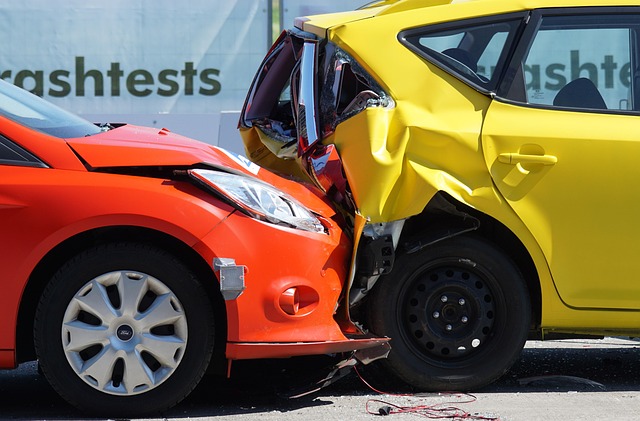Indie Game Mods: Transforming Gameplay and Communities
Indie game modding, a thriving subculture within the gaming world, has become a powerful force shaping player experiences and fostering vibrant communities. This grassroots movement of passionate creators is redefining how we interact with games, blurring the lines between developers and players. From subtle tweaks to total conversions, mods are breathing new life into indie titles, extending their longevity, and pushing the boundaries of game design.

Modding as a Creative Outlet
For many aspiring game developers, modding serves as an entry point into the industry. It provides a low-risk environment to experiment with game design, storytelling, and programming. Indie games, with their often more accessible codebase and supportive communities, offer an ideal playground for modders to hone their skills. This symbiotic relationship between indie developers and modders has led to a flourishing creative ecosystem, where innovative ideas flow freely between official content and community creations.
Community Building Through Mods
Mods have become a powerful tool for community building in the indie game space. Online forums, Discord servers, and modding websites serve as hubs for like-minded players to share their creations, collaborate on projects, and provide feedback. This sense of community often extends beyond the game itself, fostering friendships and professional networks. The collaborative nature of modding has led to the development of complex, community-driven projects that rival official expansions in scope and quality.
Economic Impact of Modding
The modding scene has had a significant economic impact on the indie game industry. Popular mods can breathe new life into older titles, driving sales long after initial release. Some indie developers have embraced this by actively supporting and promoting modding communities around their games. In some cases, particularly successful mods have been officially incorporated into games or have inspired standalone releases, creating new revenue streams and career opportunities for modders.
Challenges and Controversies
Despite its many benefits, the indie game modding scene is not without challenges. Issues of intellectual property rights, quality control, and monetization have sparked debates within the community. Some developers struggle to balance supporting modders while protecting their creative vision and revenue streams. Additionally, the line between mods and cheats in multiplayer games has led to ongoing discussions about fair play and competitive integrity.
The Future of Indie Game Modding
As technology advances and game development tools become more accessible, the future of indie game modding looks bright. Virtual and augmented reality present new frontiers for modders to explore, while machine learning and AI offer possibilities for more dynamic and responsive mods. The relationship between indie developers and modders is likely to grow even closer, with more games being designed with modding in mind from the outset. As this creative ecosystem continues to evolve, it promises to push the boundaries of what’s possible in interactive entertainment, keeping the indie game scene vibrant and innovative for years to come.




